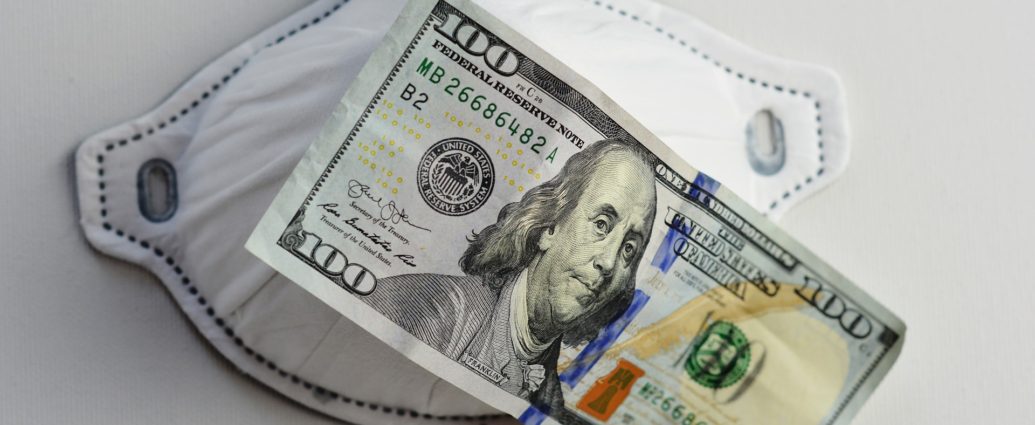The first wave of the COVID-19 pandemic caught the UK unprepared. Now we’re entering a second wave, should we be more prepared than we are? Can the government correct their previous mistakes by prioritising health and supporting all businesses and generations that are struggling?
National lockdown bought a period of reflection; a window of time for the Government to prepare for the predicted second wave. Widespread testing, mandatory social distancing and easily accessible PPE should be a priority. And yet, this has not been the case.
Have we, as a result of poor government communication, fallen into the same trap as before?
The Ignored Signs:
It’s easy to look back and consider how slowly the UK reacted to the global outbreak. David Nabarro, envoy for the World Health Organisation on Covid-19, reports how ignorance of the imminent danger was no excuse as they warned all governments as early as 30th January 2020 of the potential threats. This was just one day after the UK had its first two confirmed cases of the disease. Yet, with Brexit and free trade negotiations underway for the government, preparing for the virus was essentially swept under the carpet.
Even after the WHO declared a global pandemic on 11th March, precipitating the national lockdowns of several countries including France, Germany and Australia, the UK displayed great reluctance to follow suit. Then, a sudden “screeching U-turn” in approach came on 20th March when schools, pubs and restaurants were ordered to close. A perfect opportunity for the government to get their priorities in order. By now, the need for a focus on public health was clear.
It didn’t take long, however, before we were rushed back to pubs and restaurants.
Too Much Too Fast:
From 4th July onwards, pubs, gyms and restaurants could reopen and two different households could now socialise indoors. Life seemed to be returning to a kind of normality.
But the spirit dampening fact is the pandemic is still ongoing. Whilst the economy has definitely been hit hard, the threat of the NHS becoming overwhelmed is still huge and opening more venues will only intensify the large numbers of cases. Regrettably, as demonstrated by the Eat out to Help Out scheme, government loyalties lie with the economy.
Millions of Britons made the most of the cheaper meals offer. However, by describing eating out as a “civic duty”, it not only pressurises and guilt-trips those frightened of COVID-19 exposure, it may also have provided people with an incentive to ignore symptoms in the name of a discounted meal. The Government laid temptation right in our hands and understandably many of us took it.
Increasing chance of exposure by opening schools:
The warnings were there from the start. Firstly, UK’s most senior medical advisers warned us how reopening schools could prompt a rise in coronavirus infections, which could lead to local lockdown measures. Despite this advice, schools reopened. Since then, cases have spiralled out of control and now areas of the North East and West are under a local lockdown. The phrase, I told you so, must have sprung to mind a few times for these advisers.
Compared to other countries such as Germany and South Korea, whose track and trace systems have worked efficiently to prevent another major spread of the virus, the UK is in chaos.
It seems as though we are living in a perpetual state of frenzy. Rules and regulations change constantly. An overwhelming sense of frustration pervades daily life. One minute we’re allowed to see our friends in the pub, the next there is talk of closing them altogether.
The only thing that remains certain is the constant blame game. Health secretary Matt Hancock has been shifting the blame towards younger generations, an accusation that has served only to intensify generational conflict. Frankly, it was clear from the start that luring people into restaurants with divisive economic schemes, opening schools and offices, and permitting grouse shooting would inevitably facilitate the spread of Covid-19.
Contradictory messages only cause more anxiety and uncertainty.
The government rushed in too fast to stabilise the economy. Now they’re backtracking and as a result, cinemas, restaurants, and schools are struggling with hardly any support or reassurance. It is difficult to stay positive when the only thing the Government has proved during the second wave is where their priorities lie. Economy first, people second.
Katie Heyes
Featured image courtesy of Olga Lionart from Pixabay. Image license found here. No changes were made to this image.

